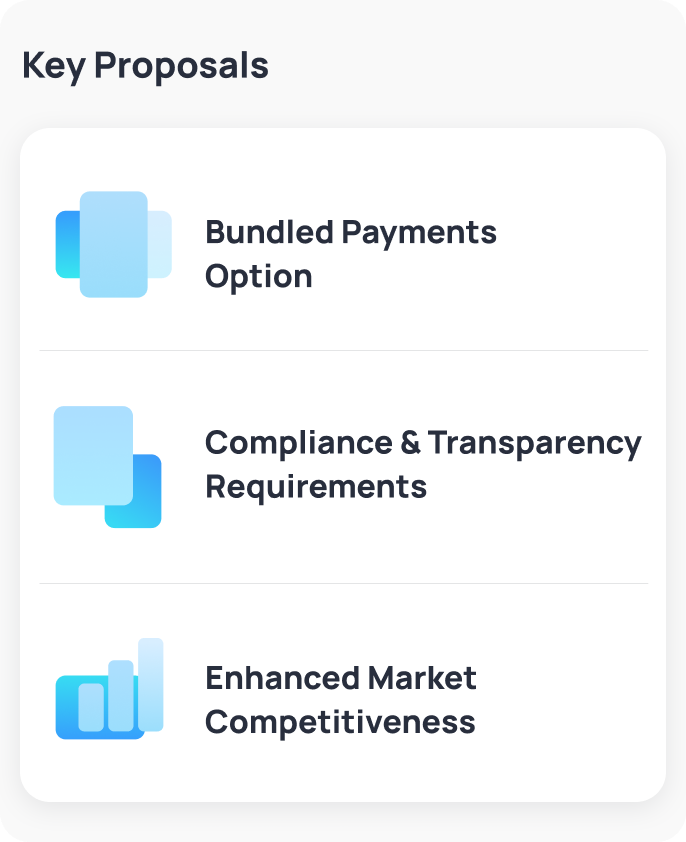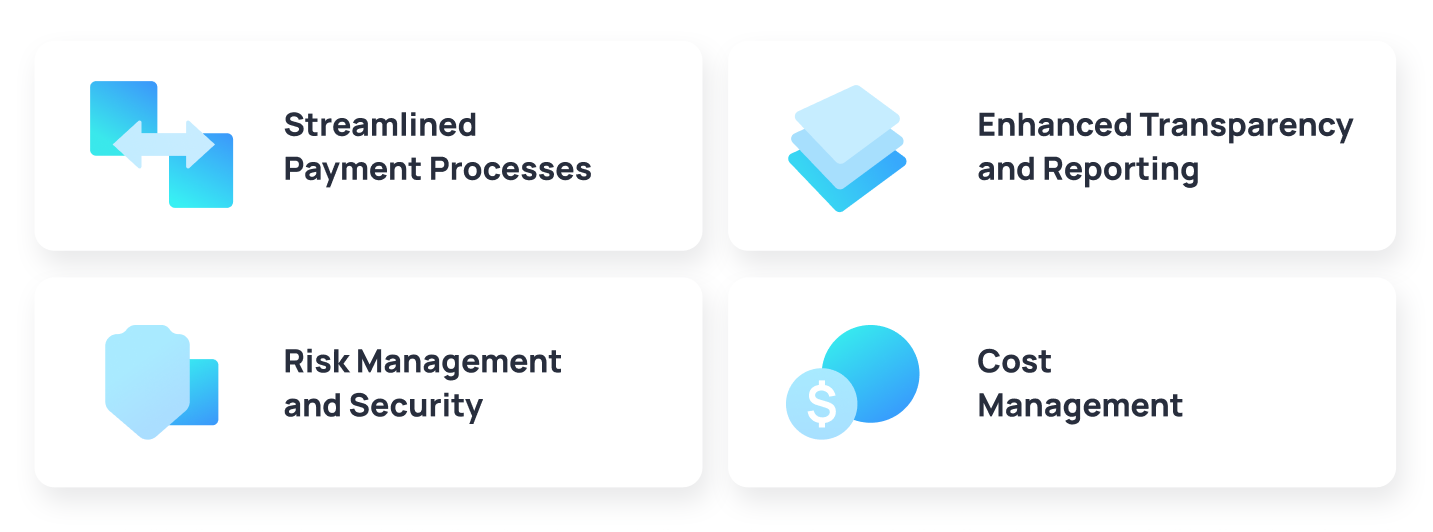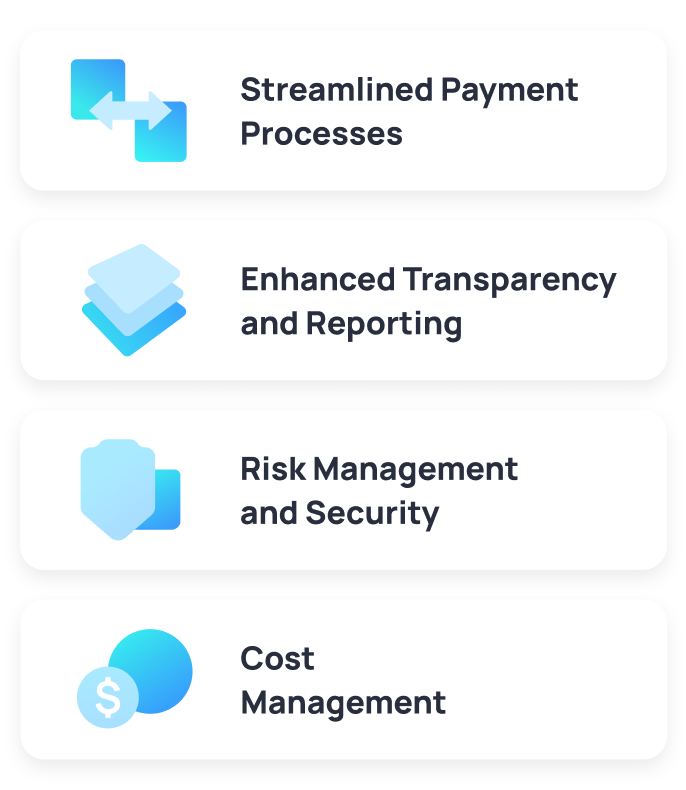- Payment gateway
- Blog
- The Evolution of MiFID II and Its Impact on Europe’s Fintech Market
The Evolution of MiFID II and Its Impact on Europe’s Fintech Market
The Markets in Financial Instruments Directive II (MiFID II) has been a vital part of financial regulation in the European Union since its implementation on January 3, 2018. Designed to enhance investor protection and increase transparency in the financial markets, MiFID II introduced significant changes, particularly the unbundling of research costs from trading commissions. However, the Financial Conduct Authority (FCA) in the UK is now proposing new changes to these rules, which could have far-reaching implications for asset managers and the fintech market in Europe. Today we will discover the MiFID II specificities as well as the impact of the new changes on it
What is MiFID II?
MiFID II is a comprehensive legislative framework aimed at regulating financial markets and providing enhanced protections for investors. One of the most notable changes introduced by MiFID II was the requirement for asset managers to pay for investment research directly from their own profit and loss accounts, rather than bundling these costs with trading fees. This unbundling was intended to eliminate conflicts of interest and ensure transparency in how research costs were accounted for
The unbundling of research costs under MiFID II led to increased direct costs for asset managers, prompting many to reduce their research budgets. This reduction in spending put significant pressure on providers to lower their prices, creating a challenging environment for the research market
The FCA’s Proposed Changes
In response to these challenges, the FCA’s April 2024 consultation paper, CP24/7, proposes allowing asset managers to bundle payments for investment research and execution services once again. This proposed change aims to provide greater flexibility for asset managers and address some of the operational complexities of the current rules
The FCA’s consultation paper, CP24/7, introduced in April 2024, outlines significant amendments to the current rules under MiFID II regarding payment for investment research. These changes are designed to address the operational challenges and market impacts observed since MiFID II implementation. Here’s an in-depth look at the key proposals and their implications:


Bundled Payments Option
One of the most main proposals is the introduction of a bundled payments option for investment research and execution services. This option allows asset managers to include research costs as part of their overall service fees, which can be passed back to end investors. This is a departure from the strict unbundling mandated by MiFID II, which required asset managers to pay for research directly from their profit and loss accounts
The FCA recognised that the unbundling of research costs had several unintended consequences. It led to increased direct costs for asset managers, prompting many to reduce their research budgets and scrutinise the value of research services more closely. This, in turn, put significant pressure on research providers, especially smaller firms, leading to reduced availability and quality of investment research
Compliance and Transparency Requirements
To ensure that the new bundled payments model does not reintroduce conflicts of interest or reduce transparency, the FCA has proposed several compliance and transparency requirements:


Formal Policy Development
Firms opting for bundled payments must develop a formal policy outlining their approach. This policy must detail how the firm ensures governance, decision-making, and controls are maintained separately from those related to trade execution. This separation is crucial to maintain the integrity of investment decisions and avoid conflicts of interest
Agreements with Research Providers
Asset managers will need to enter into detailed agreements with research providers. These agreements must outline the methodology for calculating and separately identifying the cost of research. This requirement aims to ensure that research costs remain transparent and justifiable
Operational Procedures and Budgeting
Firms must establish operational procedures for accounts used to purchase research. These procedures include regular reconciliation and reporting, prompt payments to research providers, and risk management for any unspent surplus amounts. Additionally, firms must set an annual budget for research based on expected needs, rather than transaction volumes, and disclose this budget to clients if it is exceeded or increased
Periodic Assessment and Client Disclosure
Firms are required to periodically assess the value, quality, and contribution of purchased third-party research to their investment decision-making processes. They must compare the price paid for research against prices paid by other market participants. Additionally, firms must disclose their policy on the use of bundled payments, including key features, the research providers used most frequently, and the costs incurred
Enhancing Market Competitiveness
The FCA’s proposals aim to enhance the competitiveness of UK asset managers by providing greater flexibility in how they pay for research. By reintroducing the option to bundle payments, the FCA hopes to alleviate some of the operational complexities and cost pressures imposed by the current rules. This move is expected to:
- Increase Activity and Liquidity: By making it easier for asset managers to access high-quality research, the FCA aims to boost activity and liquidity in equity capital markets
- Improve Access to Global Research: The new rules are designed to improve asset managers’ ability to purchase research produced outside the UK, thereby enhancing their global competitiveness
- Support Smaller Research Providers: By easing the financial pressures on research providers, the FCA hopes to support a more diverse and competitive market for investment research
Effective Partnership
For asset managers, partnering with reliable payment gateways can be crucial in adhering to the regulatory landscape. Payment gateways that offer features that can help asset executives manage their research budgets effectively and ensure compliance to the new FCA regulations. These partnerships can also enhance operational efficiency and provide valuable insights through advanced analytics and data management solutions
Payment gateways play a vital role in facilitating secure and efficient financial transactions. With the FCA’s proposed changes to the MiFID II framework, which includes the option for bundled payments for investment research, payment gateways become even more critical. Here’s why:


Streamlined Payment Processes
Reliable payment gateways can simplify the process of handling bundled payments, ensuring that asset managers can seamlessly integrate research costs with execution services. This integration is essential for adhering to the FCA’s new compliance requirements, which mandate clear policies and agreements with research providers
Enhanced Transparency and Reporting
Payment gateways equipped with advanced reporting features can help asset managers maintain detailed records of their transactions, ensuring compliance with the new rules. These gateways can provide comprehensive reports that include the breakdown of research costs, enabling firms to disclose necessary information
Risk Management and Security
Compliance with financial regulations requires robust risk management practices. Payment gateways that offer advanced security features can protect sensitive financial data, reducing the risk of fraud and ensuring the integrity of financial transactions. This security is paramount, especially when dealing with high-value transactions
Cost Management
By providing detailed insights into transaction costs and helping manage research budgets, payment gateways enable asset managers to allocate funds more effectively. This capability is particularly important under the FCA’s proposed rules, which require firms to have a clear budget for research costs and disclose any deviations to clients
Conclusion
The FCA’s proposed changes to MiFID II research payment rules represent a significant shift in the regulatory framework governing investment research. By allowing bundled payments, the FCA aims to address the challenges faced by asset managers and research providers under the current rules, promote competition, and enhance market efficiency. For the fintech market, these changes present new opportunities to offer innovative solutions that support compliance and transparency, ultimately driving growth and competitiveness in the financial sector. By staying informed about these regulatory developments and leveraging advanced payment gateway solutions, asset managers and fintech firms can navigate the complexities of the rising market and catch the new opportunities for growth and innovation










